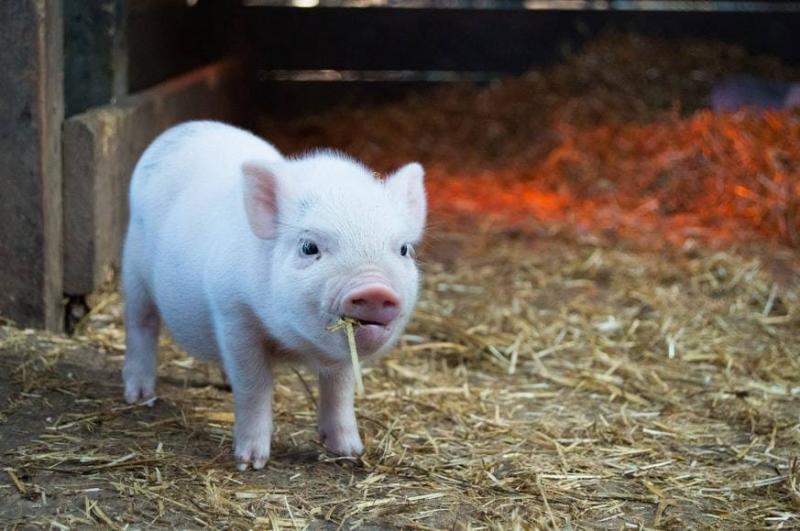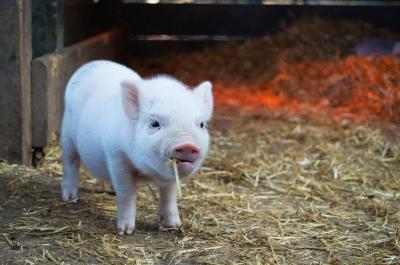German scientists intend to clone genetically modified pigs and breed them this year to serve as heart donors for humans, aiming to produce a strain that is simpler than a genetically modified animal used last month in the world's first pig heart transplant into a human.
Eckhard Wolf from Ludwig Maximilian University in Munich stated that his team aims to have the new strains, modified from an Oakland Island strain, ready for transplant trials by 2025.
In the first surgery of its kind, a team from the University of Maryland School of Medicine transplanted a pig heart with ten modifications into a man who was considered hopeless. His doctors report that he is responding well, despite ongoing risks of infection, organ rejection, or high blood pressure.
Wolf, whose work has sparked controversy in a country with one of the lowest organ donation rates in Europe and a strong animal rights movement, said, "Our concept is to move forward with a simpler model, meaning with five genetic modifications."
Wolf, who has been conducting research on organ transplantation from animals to humans for 20 years, mentioned that his team will utilize inefficient cloning technology to generate "foundational animals," through which future genetically identical generations will be bred.
The first generation of this type is expected to be born this year, and their hearts will be tested in baboons before the team seeks approval for a human clinical trial within two to three years, according to Wolf.
Transplants are performed on patients diagnosed with organ failure who have no other treatment options, with a waiting list that included around 8,500 people in Germany by the end of 2021, according to data from Germany's organ transplant foundation.
Supporters of Wolf argue that the animals could help reduce this waiting list, but opponents claim that the technology is cruel to animals, effectively turning pigs into organ factories while the monkeys used in transplant experiments suffer before being euthanized.
In February 2019, a petition launched by the German lobbying group (Doctors Against Animal Experiments) collected more than 57,000 signatures calling for a ban on animal-to-human organ transplant research.
Christina Bierstuel, a spokesperson for the German Animal Welfare Association in Munich, described the practice as "ethically questionable." She stated, "Animals should not serve as spare parts for humans... whether a pet, a so-called farm animal, a cloned animal, or a naturally born animal, all have the same needs, concerns, and even rights."




